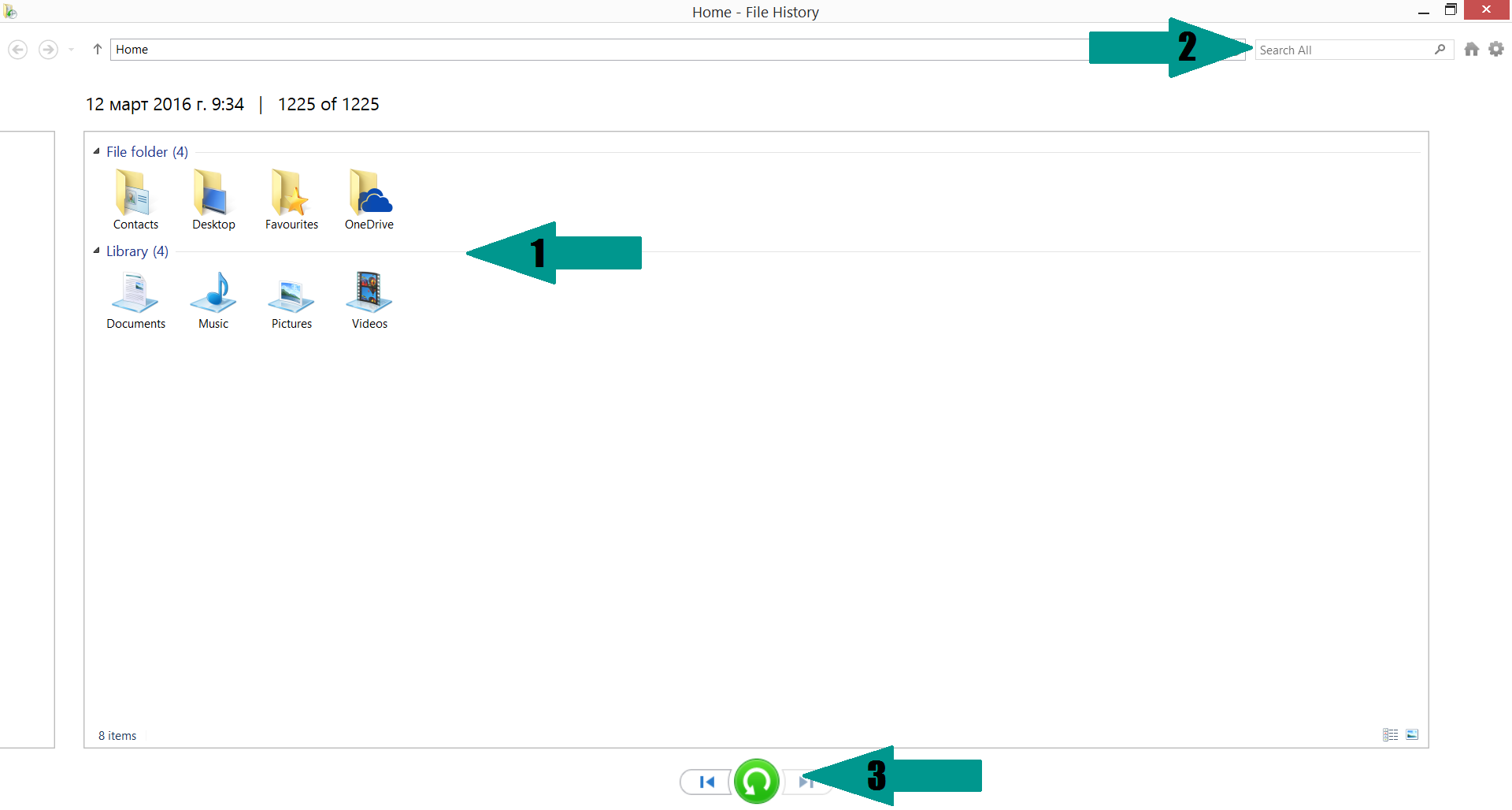We have received reports of a new malware threat known as the Polski ransomware which uses the AES cipher to encrypt user data and extorts the victims. Our removal guide will show you how to remove active infections from your computer and protect your computer in the future.
| Name |
Polski Ransomware |
| File Extensions |
.aes |
| Ransom |
249 US Dollars in Bitcoins |
| Solution #1 |
You can skip all steps and remove Polski Ransomware with the help of an anti-malware tool. |
|
Solution #2 |
Polski Ransomware ransomware can be removed manually, though it can be very hard for most home users. See the detailed tutorial below. |
| Distribution |
Spam Email Campaigns, malicious ads & etc. |
Polski Ransomware Description
The Polski Ransomware is a recently discovered malware threat which uses the AES cipher to encrypt target user data. The computer criminals extort the victims to pay a ransomware fee to restore the compromised files.
Upon infection the virus engages its encryption engine and starts the process. All popular file types are affected – various documents, text files, music, photos, videos, configuration files, backup images and etc. After this is complete the virus crafts two ransomware notes which are written in Polish:
- !!! – – ODZYSKAJ-PLIKI – – !!!.htm
- !!! – – ODZYSKAJ-PLIKI – – !!!.txt
The contents of the messages are written a Polish. Here are machine-translated versions of the messages:
You can not find the necessary files on your hard drive?
The contents of your files .jpg .pdf .doc .xls and many others is not to open?
ACCESS TO YOUR DATA LOCKED !!
This is a result of the program that encrypted the most of your data using strong AES-256 alogrytmu, used min. the uniformed services for disguising data transmitted electronically.
Your photos, invoices, the database has been encrypted !!
Read more about viruses ransomware:
trybawaryjny.pl – What is Cryptolocker
The message continues further:
You can not find the necessary files on your hard drive?
The contents of your files is not open?
This is a result of the program that encrypted the most of your data using strong AES-256 alogrytmu, used min. the uniformed services for disguising data transmitted electronically.
Your photos, invoices, the database has been encrypted !!
Read more about viruses ransomware:
xxxx: //trybawaryjny.pl/co-to-jest-cryptolocker-i-jak-sie-przed-nim-bronic/ – Cryptolocker what it is and how to defend against it
xxxx: //bitdefender.pl/ransomware-co-to-jest-i-jak-sie-przed-tym-chronic – Bitdefender.pl – Ransomware What is
xxxx: //datablog.krollontrack.pl/2015/03/18/ransomware-placic-czy-nie-placic/ – Ransomware pay or not to pay?
The only way to recover your files are buying from us decryption program with a single key generated uniquely for you!
—
At the time you read this whole thing is already completed and selected files were encrypted and the same virus removed from your computer.
Key composed of dozens of characters needed to decrypt the data on the drive is in an area accessible only to us!
You can endlessly try to install another antivirus programs,
Format the operating system, however, will not change anything!
If you do not follow our instukcji not recover files that were on the HDD.
—
Once you choose to recover your data, please contact us at ADREM e-mail: [email protected] or [email protected]
You can also write on e-mail: 61621122
2 Files Decrypt free to prove that we can do it!
For the rest, unfortunately, you have to pay!
Price for decrypt all files: $ 249
Warning ! Do not waste your time, time is money for 72 hours the price will increase by 100%!
Polski Ransomware Distribution
The Polski Ransomware was identified in several attack campaigns that was carried out in chats over the popular instant messaging service Gadu-Gadu.
It is possible that the virus can be transmitted via other methods as well – infected software installers, browser hijackers, malicious ads and etc.
We expect to see the virus used in other popular instant messaging clients, social networks and other popular Internet services.
Polski Ransomware – How To Remove it and Prevent It From Coming Back
There are two ways of removal:
- With an anti-malware tool – this will also help prevention
- Manually – using the instructions below
Polski Ransomware Ransomware Removal
For a faster solution, you can run a scan with an advanced malware removal tool and delete Polski Ransomware completely with a few mouse clicks.
STEP I: Start the PC in Safe Mode with Network
This will isolate all files and objects created by the ransomware so they will be removed efficiently.
-
1) Hit WIN Key + R

- 2) A Run window will appear. In it, write “msconfig” and then press Enter
3) A Configuration box shall appear. In it Choose the tab named “Boot”
4) Mark “Safe Boot” option and then go to “Network” under it to tick it too
5) Apply -> OK
Or check our video guide – “How to start PC in Safe Mode with Networking”
STEP II: Show Hidden Files
-
1) Open My Computer/This PC
2) Windows 7
-
– Click on “Organize” button
– Select “Folder and search options”
– Select the “View” tab
– Go under “Hidden files and folders” and mark “Show hidden files and folders” option
3) Windows 8/ 10
-
– Open “View” tab
– Mark “Hidden items” option

4) Click “Apply” and then “OK” button
STEP III: Enter Windows Task Manager and Stop Malicious Processes
-
1) Hit the following key combination: CTRL+SHIFT+ESC
2) Get over to “Processes”
3) When you find suspicious process right click on it and select “Open File Location”
4) Go back to Task Manager and end the malicious process. Right click on it again and choose “End Process”
5) Next you should go folder where the malicious file is located and delete it
STEP IV: Remove Completely Polski Ransomware Ransomware Using SpyHunter Anti-Malware Tool
SpyHunter anti-malware tool will diagnose all current threats on the computer. By purchasing the full version, you will be able to remove all malware threats instantly. Additional information about SpyHunter / Help to uninstall SpyHunter
STEP V: Repair Windows Registry
-
1) Again type simultaneously the Windows Button + R key combination
2) In the box, write “regedit”(without the inverted commas) and hit Enter
3) Type the CTRL+F and then write the malicious name in the search type field to locate the malicious executable
4) In case you have discovered registry keys and values related to the name, you should delete them, but be careful not to delete legitimate keys
Further help for Windows Registry repair
STEP VI: Recover Encrypted Files
-
1) Use present backups
2) Restore your personal files using File History
-
– Hit WIN Key
– Type “restore your files” in the search box
– Select “Restore your files with File History”
– Choose a folder or type the name of the file in the search bar

- – Hit the “Restore” button
3) Using System Restore Point
-
– Hit WIN Key
– Select “Open System Restore” and follow the steps

STEP VII: Preventive Security Measures
-
1) Enable and properly configure your Firewall.
2) Install and maintain reliable anti-malware software.
3) Secure your web browser.
4) Check regularly for available software updates and apply them.
5) Disable macros in Office documents.
6) Use strong passwords.
7) Don’t open attachments or click on links unless you’re certain they’re safe.
8) Backup regularly your data.
SpyHunter anti-malware tool will diagnose all current threats on the computer. By purchasing the full version, you will be able to remove all malware threats instantly. Additional information about SpyHunter / Help to uninstall SpyHunter



